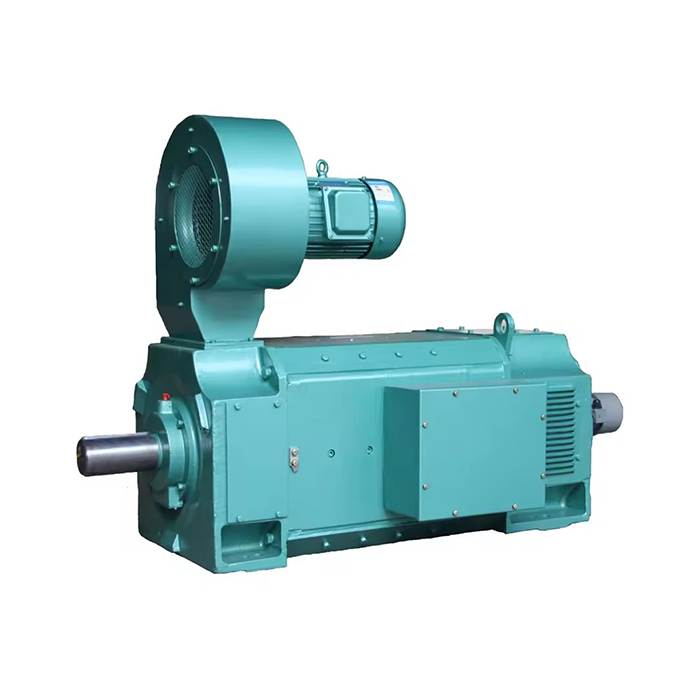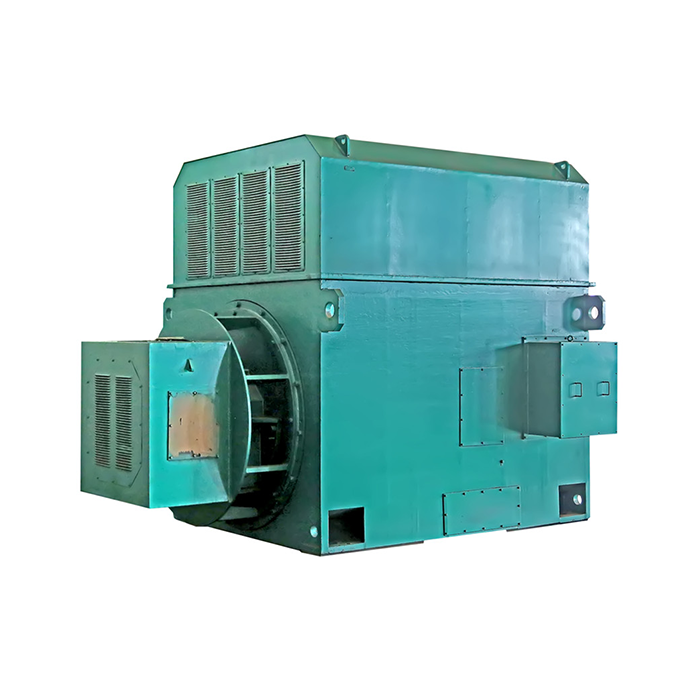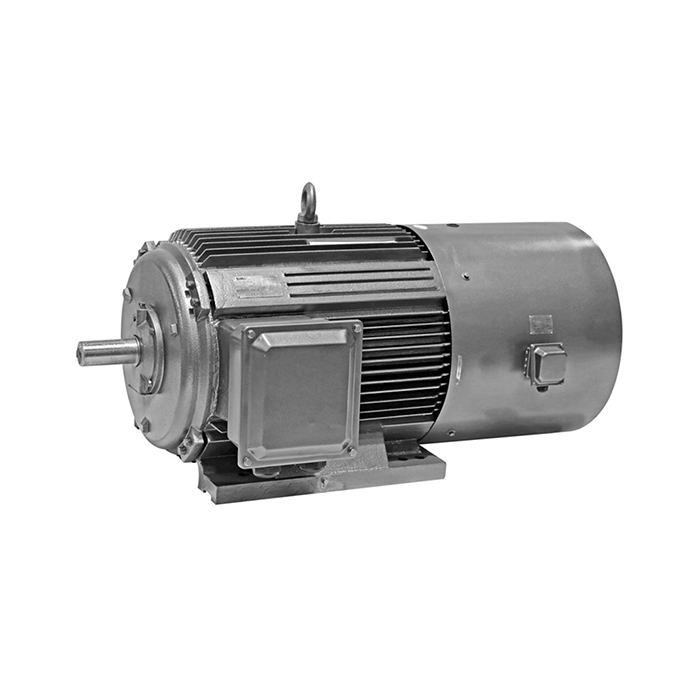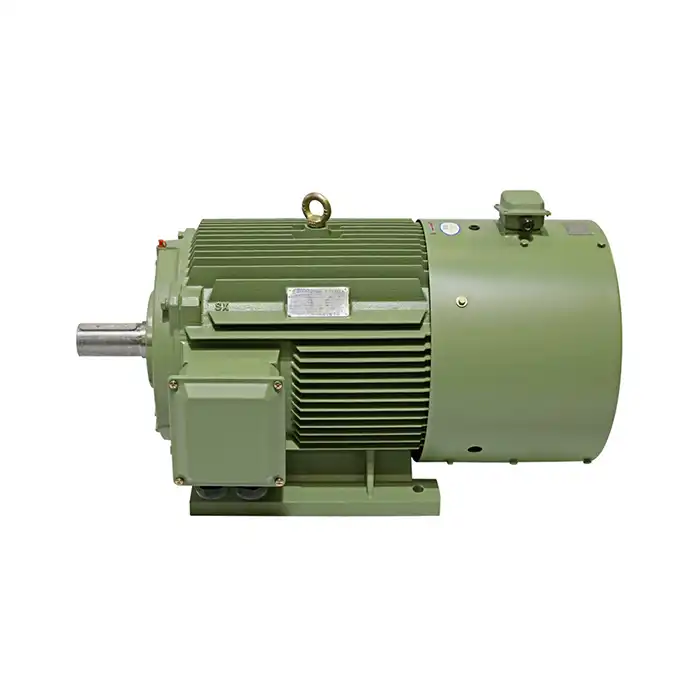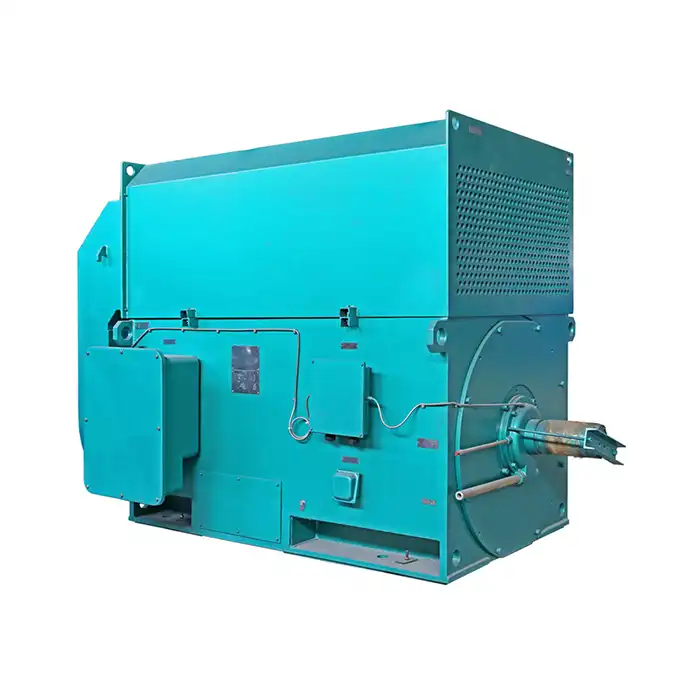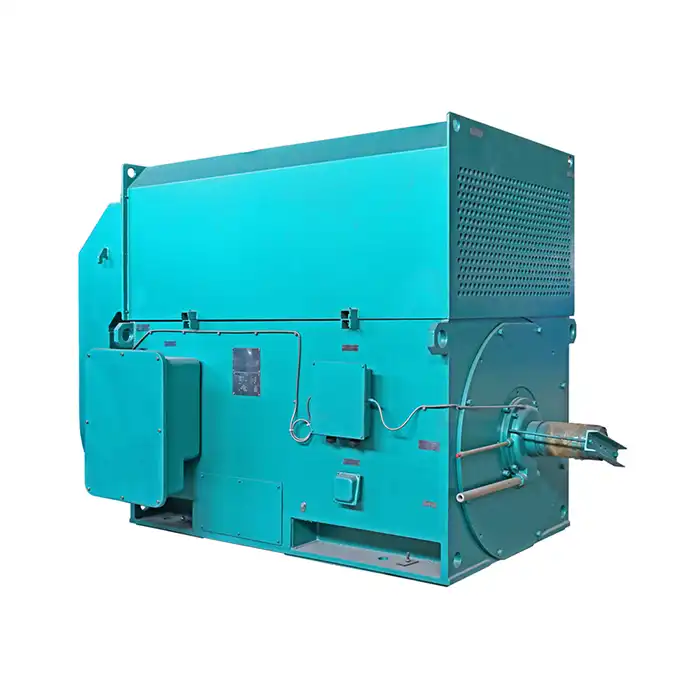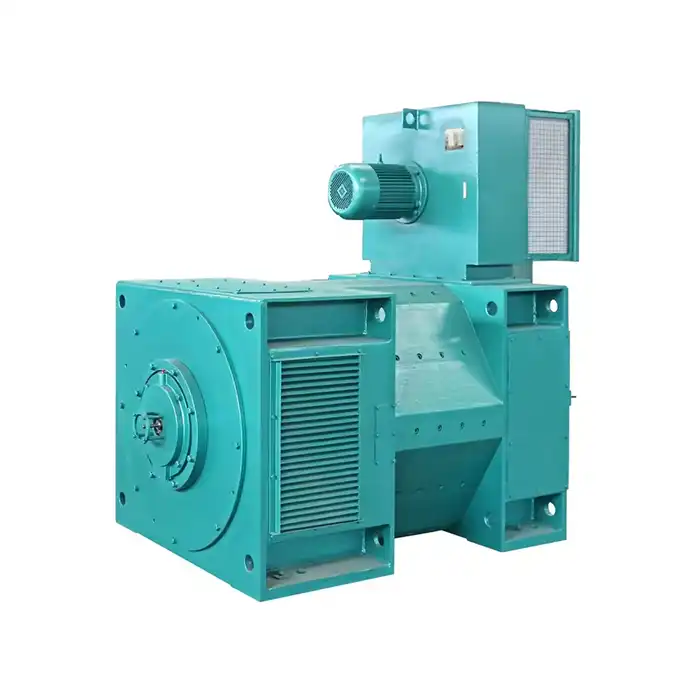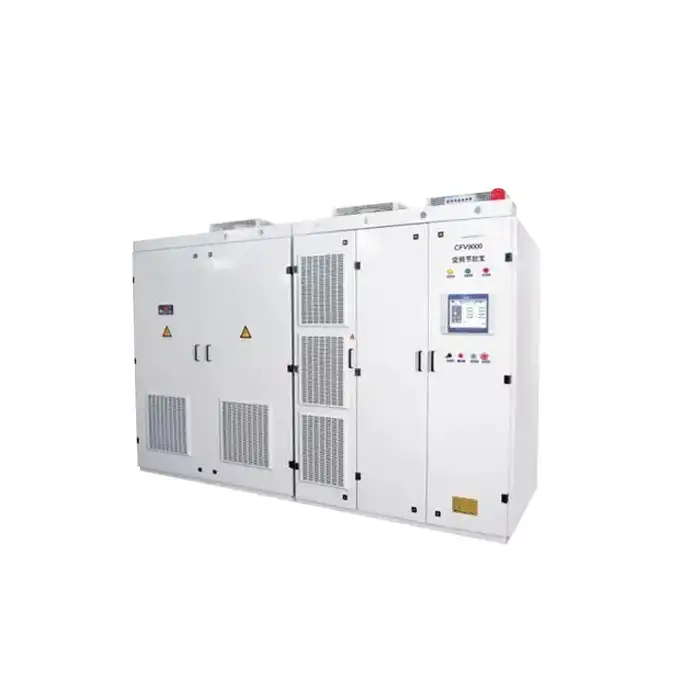DC vs AC: Torque characteristics explained
To understand the torque differences between DC and AC motors, we need to examine their fundamental operating principles and performance characteristics.
Basic principles of DC and AC motors
DC motors operate on direct current, utilizing a constant magnetic field to generate rotational force. In contrast, AC motors rely on alternating current, creating a rotating magnetic field that induces motion in the rotor.
Torque-speed relationships
One of the most significant differences between DC and AC motors lies in their torque-speed curves. DC motors, particularly series-wound types, exhibit a unique torque characteristic that sets them apart from their AC counterparts.
Starting torque comparison
A 200hp DC motor typically offers higher starting torque compared to an equivalent AC motor. This advantage stems from the DC motor's ability to deliver maximum torque at zero speed, making it ideal for applications requiring substantial initial force to overcome inertia.
Low-speed torque advantages of 200hp DC motors
The torque profile of a 200hp DC motor presents several advantages, particularly in low-speed operations where high torque is crucial.
Constant torque across speed range
One of the defining features of a 200hp DC motor is its ability to deliver nearly constant torque over a wide range of operating speeds. Unlike many AC motors, which tend to experience torque fluctuations as speed changes, DC motors maintain stability and reliability. This consistent torque output ensures that processes requiring uniform force—such as conveyor systems, rolling mills, or precision machining—operate smoothly without sudden variations in power. The constant torque capability also reduces mechanical stress on connected equipment, thereby extending the service life of the entire system. For industries that rely on predictable and steady performance, this advantage makes DC motors a dependable choice for demanding applications.
Torque at low speeds
A major advantage of 200hp DC motors lies in their ability to generate substantial torque even at very low rotational speeds. This characteristic is especially valuable in industrial operations where heavy loads must be moved from a standstill or maintained at slow, controlled speeds. For example, lifting equipment, crushers, and extruders often require powerful torque at minimal speeds to function efficiently. DC motors meet these needs by providing smooth startups without sudden surges or mechanical shocks, improving both safety and efficiency. The high torque at low speeds also eliminates the need for complex gearing systems, reducing overall design costs and simplifying maintenance. This capability highlights why DC motors remain essential in applications where low-speed power is critical.
Speed control and torque relationship
Another important advantage of a 200hp DC motor is the straightforward relationship between speed and torque, which allows for precise control. Operators can easily adjust performance by varying the input voltage or applying field weakening techniques to achieve higher speeds without losing control over torque delivery. This flexibility makes DC motors highly adaptable to processes that require different performance modes, such as production lines with varying load conditions or transportation systems needing gradual acceleration. The predictable speed–torque curve also enables better synchronization in complex machinery, ensuring each component operates harmoniously. By offering effective speed regulation with minimal complexity, DC motors provide industries with a practical and efficient way to tailor torque output to their exact operational needs.
Applications benefiting from DC motor torque profiles
The unique torque characteristics of 200hp DC motors make them suitable for a wide range of industrial applications where high torque and precise control are essential.
Heavy-duty industrial machinery
Industries such as steel mills, paper mills, and mining operations often rely on high-power DC motors for their ability to deliver substantial torque in demanding environments. The robust torque profile of a 200hp DC motor ensures reliable performance in these challenging applications.
Traction and transportation systems
DC motors have long been favored in traction applications, such as electric locomotives and trolley buses. The high starting torque and smooth acceleration characteristics of DC motors contribute to efficient and comfortable operation in these transportation systems.
Material handling equipment
Cranes, hoists, and conveyor systems benefit from the torque characteristics of DC motors. The ability to provide high torque at low speeds allows for precise control and safe handling of heavy loads, enhancing operational efficiency and safety.
Precision manufacturing processes
In industries requiring precise speed control and positioning, such as textile manufacturing or printing presses, DC motors offer advantages due to their linear torque-speed relationship and ease of control.
Conclusion
While both DC and AC motors have their places in industrial applications, the torque characteristics of a 200hp DC motor offer distinct advantages in scenarios requiring high starting torque, constant torque across a wide speed range, and excellent low-speed performance. These attributes make DC motors particularly suitable for heavy-duty industrial machinery, traction systems, and applications demanding precise speed control.
As technology advances, the choice between DC and AC motors continues to evolve. However, the unique torque profile of DC motors ensures their relevance in specific industrial applications where their strengths align with operational requirements.
FAQ
1. What is the primary advantage of a 200hp DC motor's torque compared to AC?
The primary advantage is the ability to deliver maximum torque at zero speed, providing higher starting torque compared to equivalent AC motors.
2. In which industrial applications are 200hp DC motors commonly used?
200hp DC motors are commonly used in heavy-duty industrial machinery, traction and transportation systems, material handling equipment, and precision manufacturing processes.
3. How does the speed control of a 200hp DC motor relate to its torque output?
DC motors allow for simple speed control methods, such as adjusting input voltage or field weakening, which can be used to fine-tune torque output across different speed ranges.
Ready to Power Your Industrial Applications?
Among the many power equipment solutions offered by Shaanxi Qihe Xicheng Electromechanical Equipment Co., Ltd. are high-performance 200hp dc motors. Depending on your unique requirements, our team of specialists will craft power solutions that are reliable, efficient, and low-consumption. As an established 200hp dc motor manufacturer, we are here to assist you with all of your motor needs, including recommendations for the most suitable motor for your application. Contact us today at xcmotors@163.com to discuss how we can optimize your power systems and drive your industrial success.



